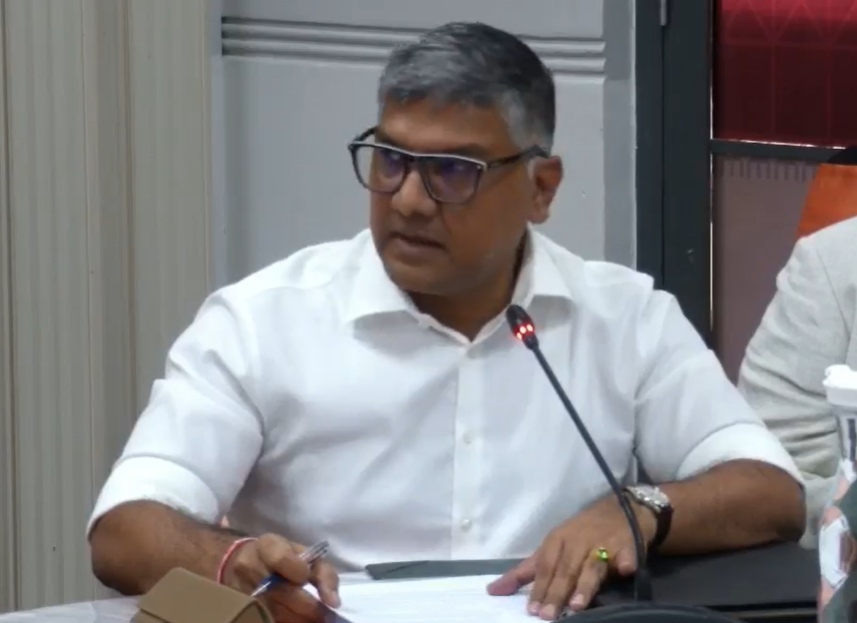The Fiji Employers Federation has expressed concern that the proposed amendments to the Employment Relations Act 2007 were rushed through without adequate consultation, suggesting the process may have been influenced by “personal and union ambitions.”
Making submissions before the Standing Committee on Economic Affairs today, Federation board member Sandeep Chauhan said the bill, while long in the making, had faced management and technical challenges throughout its development.
“The bill before us today has taken many years, and we commend the Ministry of Employment, Productivity and Workplace Relations for bringing it this far,” Mr Chauhan said.
“But there have been many management and technical challenges — in some cases, an absence of good faith negotiations, limited time for consultations, and a fast-tracked approach to meet personal and union ambitions.”
He said public consultations were held as early as January this year, yet only one meeting of the Employment Relations Advisory Board followed before the draft amendments were finalized.
“The whole idea of public consultations was that the public should speak — not the unions or employers, who already had ample opportunity to do so,” Mr Chauhan said.
While acknowledging that the latest draft showed improvements in key areas such as reduced fines and better drafting, he noted that deeper issues remained.
“There are still fundamental challenges,” he said.
“The bill needs to modernize Fiji’s employment framework to reflect the realities of today’s workforce — including the gig economy, outsourced industries, and new working modalities that have emerged since COVID-19.”
Mr Chauhan also warned that the proposed law failed to address Fiji’s growing labour shortage.
“The bill is blind to the fact that we are in a skills and labour crisis,” he said.
“Businesses cannot find the right or enough workers, yet there are no provisions to expedite the recruitment of foreign labour to keep industries running.”
The Standing Committee is continuing to receive stakeholder submissions before presenting its report to Parliament.



